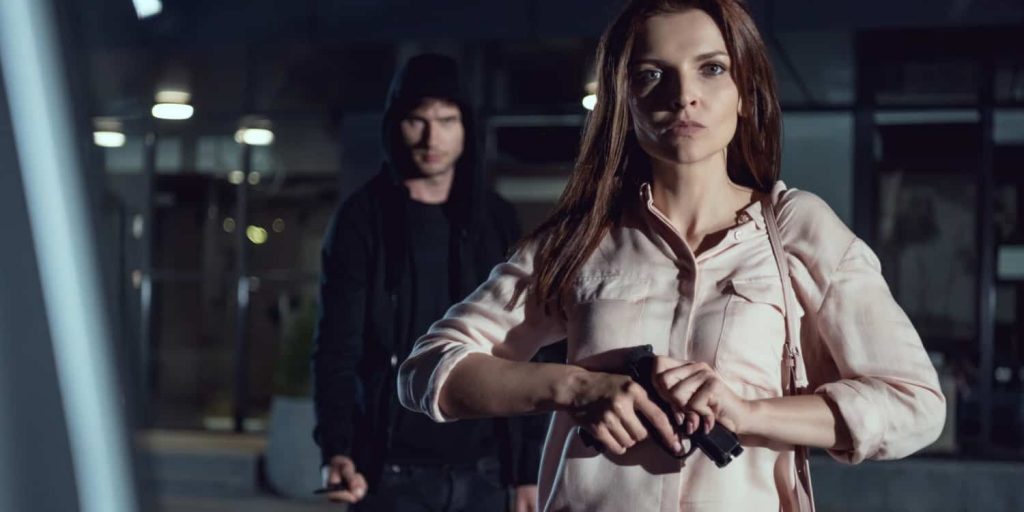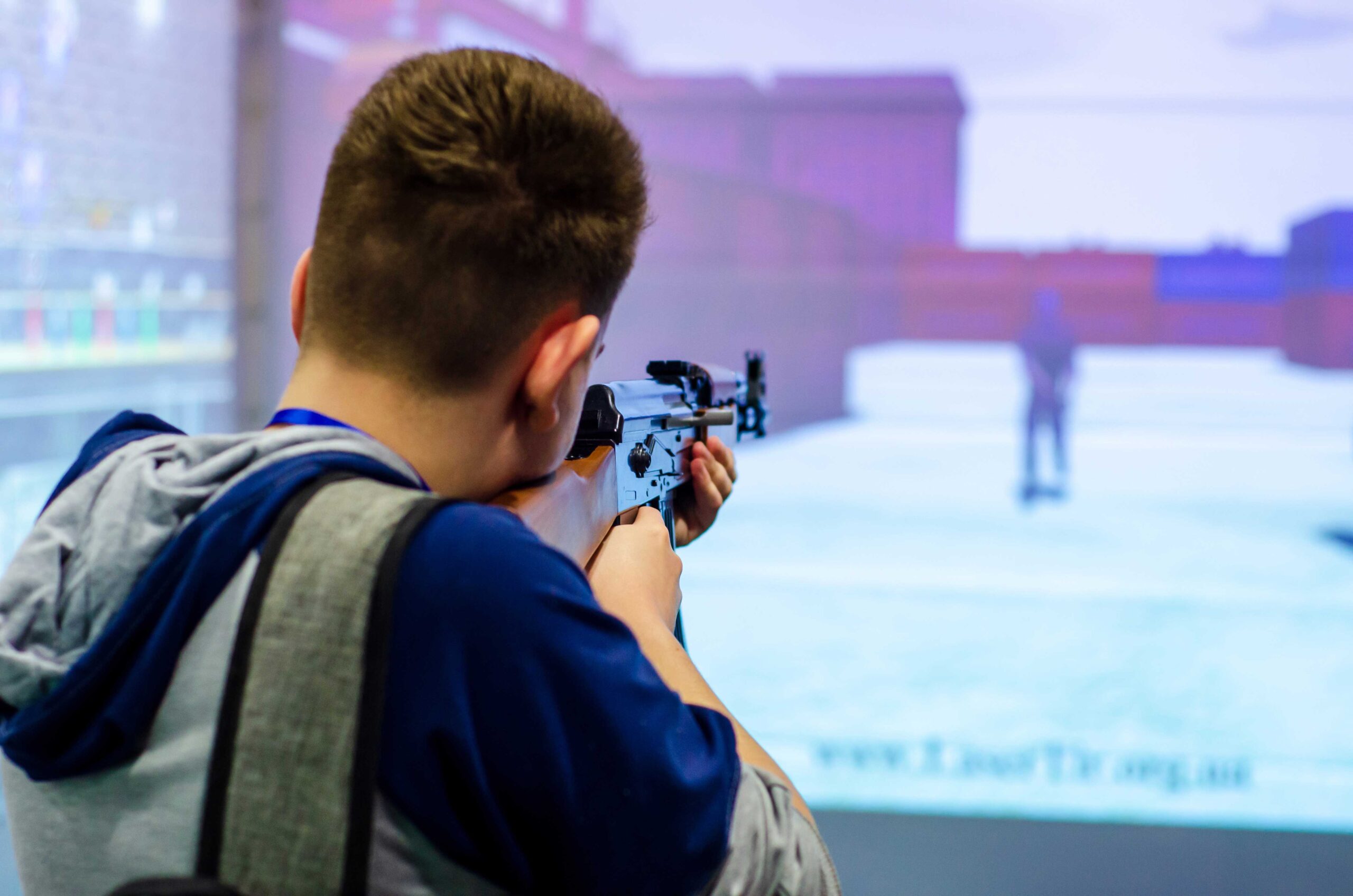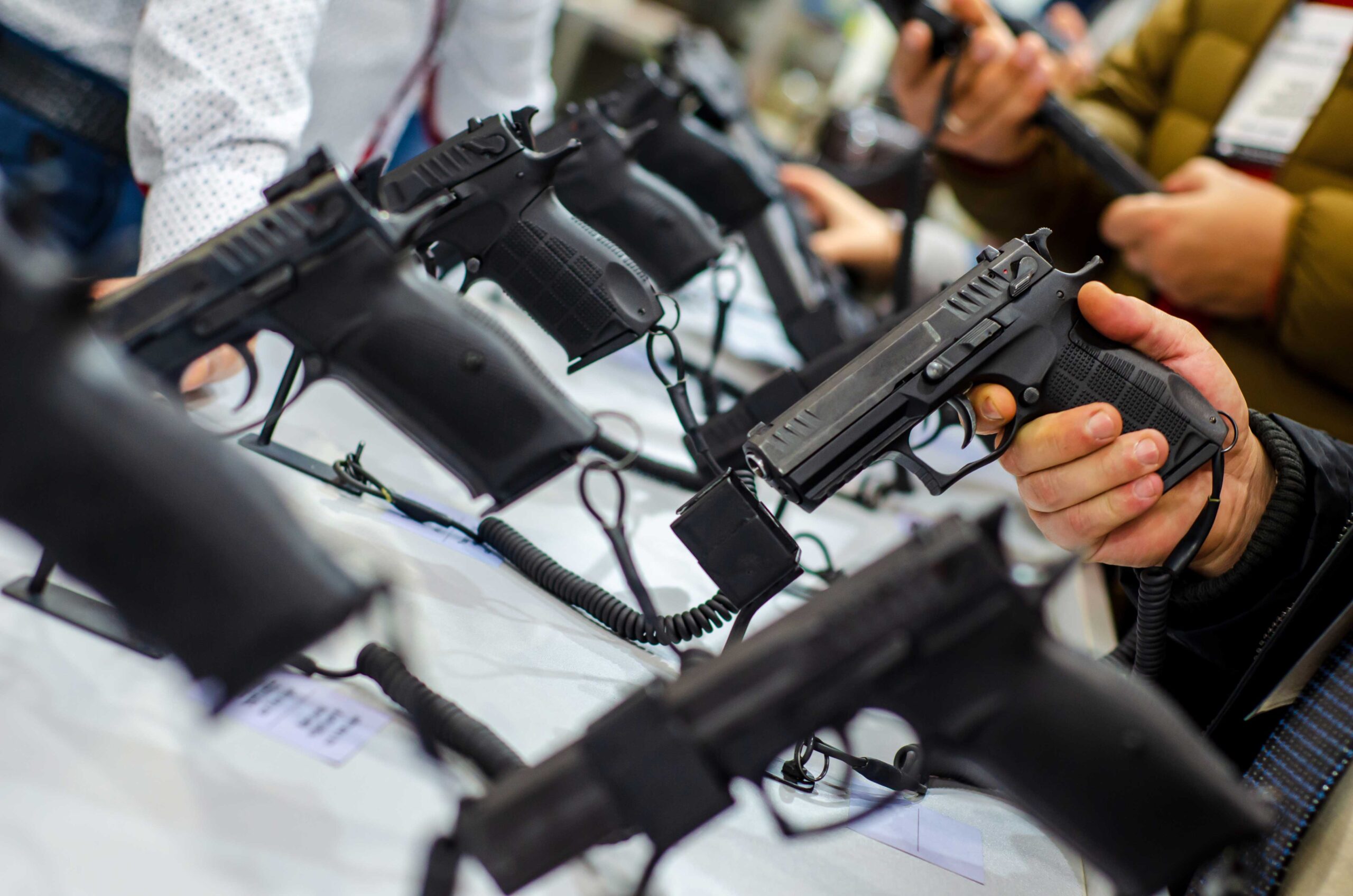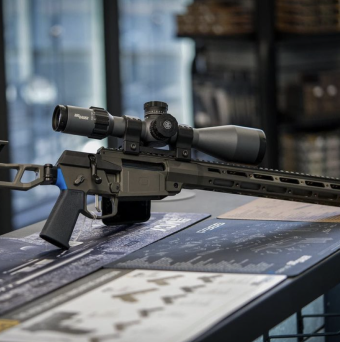One of the most common reasons to own a gun is to protect yourself if the worst-case scenario ever occurs. We sincerely hope that you are never in a situation where you need to use your gun for self-defense but if you are, it’s important to be prepared. This includes training so you can use your gun accurately, but it also includes being aware of the steps you should take after you’ve fired your weapon to defend yourself.
A quick note: we are not legal professionals, and this article is for informational purposes only and is not legal advice. If you have questions about legal self-defense, contact an attorney, as we are unable to provide legal counsel.
Some of the steps to take after using your gun in self-defense include:
1. Call 911, If You Haven’t Already
In some situations where you need to use a gun in self-defense, you may already be on the phone with 911. In other circumstances, things may have happened quickly before you had a chance to call first responders. If this is the case, call 911 as soon as it is safe to do so.
2. Consider How Law Enforcement Will See the Scene
Law enforcement officers typically have only basic information before they arrive at the scene. If they get there and see you holding a gun and see that someone else has been shot, they could assume you are the bad guy in this situation. It’s essential that you take the necessary steps to avoid appearing to be a threat to the officers.
If you can safely do so, put your gun down in a place where it is visibly not in your hands. Holstering it may also be an option depending on the circumstances. This should be obvious, but do not point the gun toward the officers, or toward the entrance they will be coming through. For one, this is breaking the rules of gun safety since it means you are pointing your gun at someone or something that isn’t your target, and additionally, it’s likely to dangerously escalate the situation.
When the officers arrive, keep your hands visible and do not make any sudden movements. You have to keep in mind that law enforcement officers are frequently sent into dangerous situations and have no way of knowing that you are not the bad guy at first, so don’t give them a reason to be wary of you.
3. Be Polite, But Exercise Your Right to Remain Silent
As a law-abiding gun owner using your firearm for self-defense, you’re likely confident in your side of the story. However, no matter how clear-cut the situation may seem, it’s best to exercise your right to remain silent until you speak with an attorney. Anything you say can be held against you in court, and in a high-adrenaline situation, it’s easy to say something you could regret later. Be polite to the law enforcement officers on the scene, but only share as much information as is absolutely necessary.
4. Contact an Attorney
As soon as possible after a self-defense situation, you should contact an attorney. If you’ve planned ahead and have concealed carry insurance or otherwise have contact information for a lawyer, this will be a bit easier. In any case, having a professional on your side is important, as self-defense cases are complex. Your attorney will help you determine what to do moving forward and will fight for your rights.
Firearms Training
While this article focuses on what to do after you need to use your firearm, the truth is that preparation makes a big difference in the unfortunate event that you ever need to do this. Again, we sincerely hope that isn’t the case, but it’s better to be safe than sorry. The Hub offers concealed carry weapons (CCW) permit classes and other types of firearms training, and we also have an innovative MILO range at our Tucson location that allows you to act out real-world defensive scenarios.












